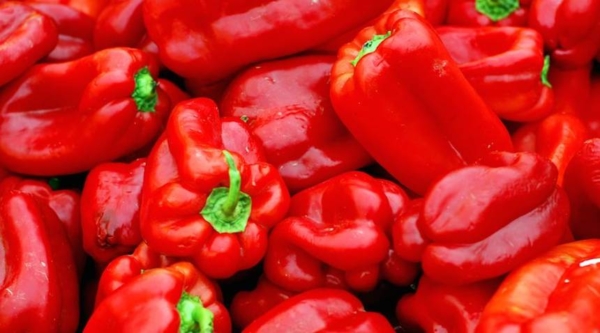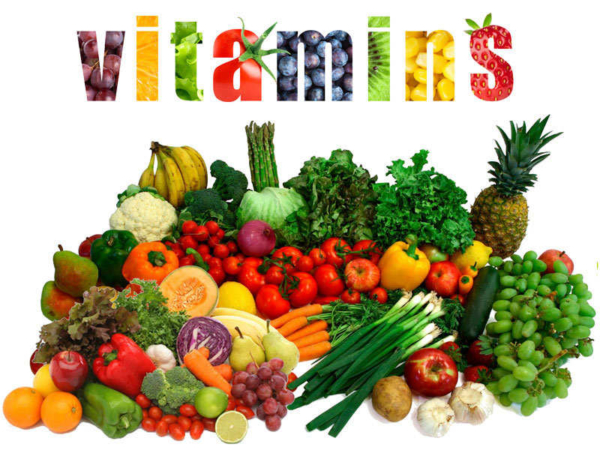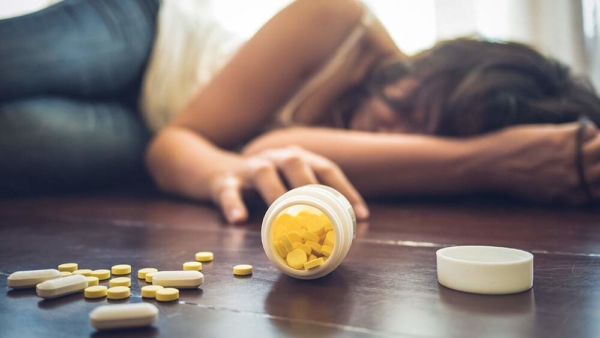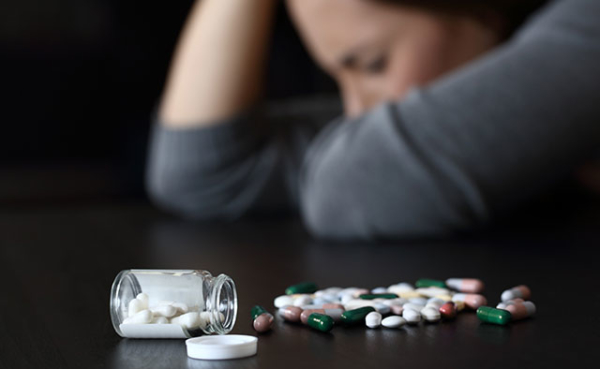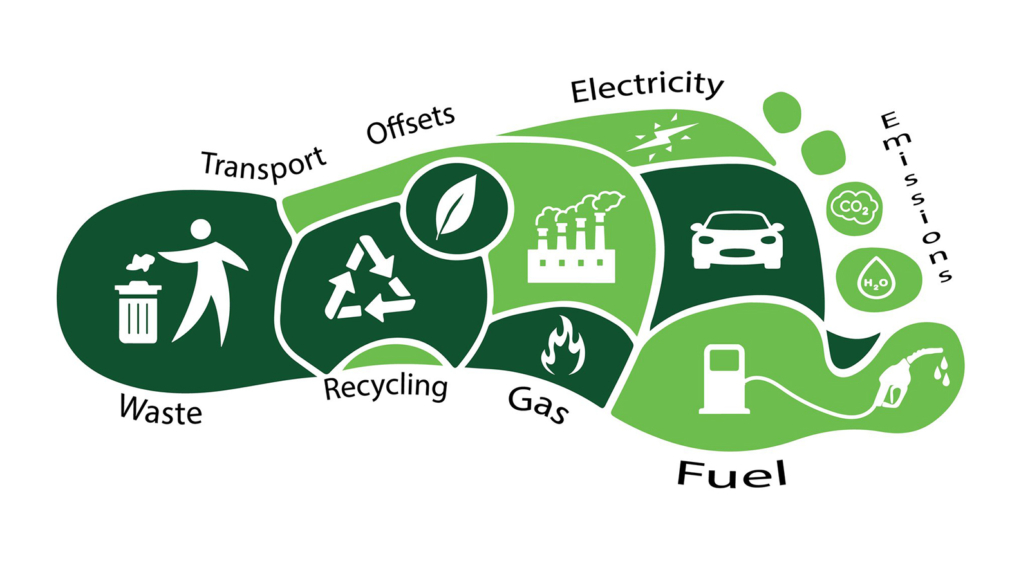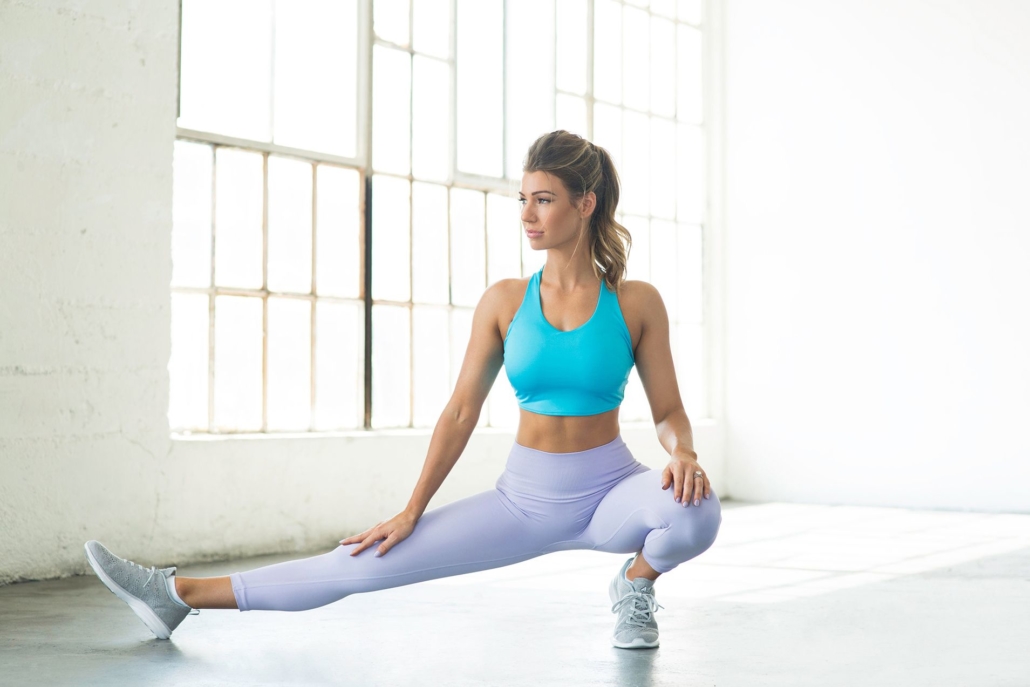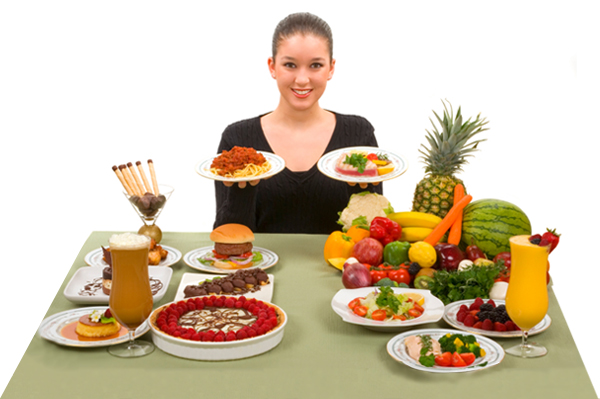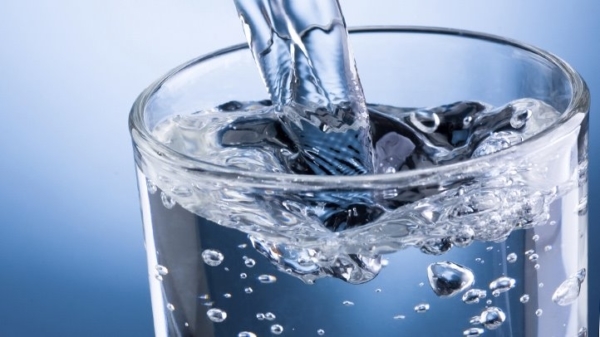Top Athletes Follow Simple Plans To Eat Right, Not Be Perfect
One of the most significant issues people have regarding nutrition and getting the vital nutrients they need to succeed in everyday life is being overwhelmed by the data. Studies are great, and they are essential for us to understand the latest science, but they are also a mess of information about confusing things – what on earth is sea moss anyway? – that can lead to people simply giving up and maintaining old (unhealthy) habits.
Getting vital nutrients and being healthy isn’t nearly as hard as some of these studies make it seem. One person looking to make a difference in overall nutrition by making things simpler is Dr. Mike Molloy. Dr. Molloy – a nutritional coach – has worked with athletes such as Crossfitter and UK’s fittest man Zack George, Crossfitter Sara Sigmundsdottir, and world judo champion An Changrim. These are the elite of the elite in terms of athletes. Dr. Molloy believes nutrition principles that allow athletes to perform at their peak while also enjoying a healthy and productive lifestyle can also be used by everyone to be healthier mentally and physically.
Here are his three core concepts to getting those vital nutrients into our body and still loving life.
It begins with the basics
The building blocks of nutrition are ones we can all follow. In many cases, changes begin with eating a high-quality, balanced diet filled with protein. This kind of dieting is one stage of gaining vital nutrition that all athletes swear by, and it’s more common practice in the world of professional sports than taking a lot of supplements.
The other key to nutrition is to stay hydrated. Most people don’t intake nearly enough water on a day-to-day basis. Something as simple as adding an extra 32 ounces of high-quality H2O per day could be the missing piece in reaching your personal nutritional and fitness goals. Finally, make sure you are getting enough good-quality sleep. LeBron James – for example – averages 12 hours of sleep per day. While this is not possible for everyone, it can be used as a sleep guide for overnight sleep and rest periods during the day.
“Sleep and hydration might seem tangential to nutrition, but they are incredibly important for driving good nutritional behaviors,” Dr. Molloy told Insider.com in a recent interview.
Eat for the right reason
The biggest difference between your nutritional needs and that of a professional athlete is an expectation of what the food you consume will allow you to do. An athlete is looking at food from the perspective of optimal performance and is trying to get enough good calories into the body to drive a workout or a competition. While there is some element of that with people just looking to eat better – especially when it comes to working out – the overall goal is often to lose weight and be leaner instead of shredding the body to absorb hits by an outside linebacker. They are different goals, but the same basic principles of knowing what you are eating and how it will get you to that goal apply.
Dr. Molloy again. “It’s not restriction-based; it’s goal-oriented. Not ‘How can I eat as little as possible?’ but ‘How can I eat the right amount to fuel my training so that I’m energized throughout the day, not feeling sluggish, and I’m not hungry?'”
Eat what you want in the right quantities
Circling back around to that sea moss, we get to the point where eating what you want – as opposed to eating what you are told – is vitally important. Nutrition and consuming vital nutrients shouldn’t feel like a chore because if it does, then there is no you will stick with it. Think of this as a long-term planning approach: Telling yourself you can never have pizza is very different from deciding not to have pizza for the two weeks leading up to that lake trip this summer. Know where you want to be at your peak in terms of fitness and nutrition and work back from there, ensuring what you enjoy and like worked into your plans.
“It’s not about never going out for dinner or never eating chocolate; we just build it into their routine,” Molloy said. “As serious as they are as athletes, it’s not about being perfect.”


